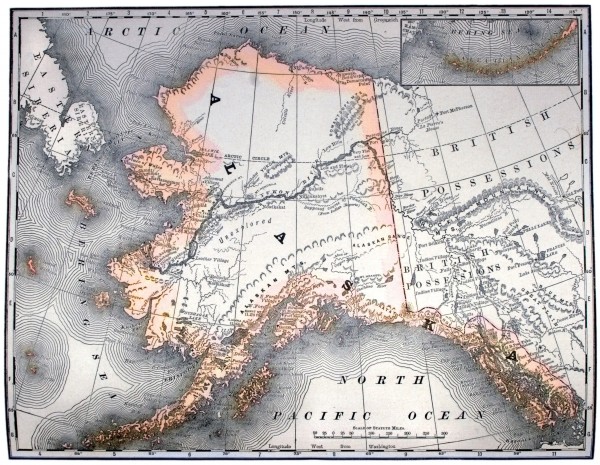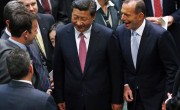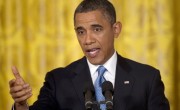President Obama has presented a new proposal to raise revenue and reduce the deficit. The proposal has garnered bipartisan support, something rare in Washington these days. It involves selling an island, courthouses, maybe an airstrip, generally idle or underused vehicles, roads, buildings and land. A bigger proposal is to sell the airwaves used to broadcast television. The biggest proposal has been rumored to be to sell the largest state in the nation, Alaska, with an area of 1.7 million Sq Km. This has been done in the last-ditch effort to save the country from bankruptcy. It has been reported that the move is a result of pressure from the Republican Party and the Tea Party. These parties are determined to force the President to reduce USA’s dependence on borrowed money. The sale of Alaska as well as other assets is likely to improve the President’s popularity in the polls and improve his chances of re-election.
Many conservatives including Representative Paul Ryan of Wisconsin, chairman of the House Budget Committee, support the broad idea of selling some parts of USA. Budget experts at the Cato Institute also support the idea. Democrats also like the idea of virtually painless revenue-raising. Whether Congress can pass any bill in the current atmosphere, however, is far from certain.
A spokesman for the White House speaking on the condition that he not be identified briefed a select group of news reporters including a reporter from thegarlic. He explained that the sale of Alaska is being negotiated with China since that is the only country in the world who can afford to buy it. The spokesman confided that the negotiations are ongoing as they have been difficult although China has offered to waive the $1.2 trillion debt in exchange for Alaska. The Vice President Joe Biden visited China a few months ago. Mr Biden has suggested that China not only waive the $1.2 trillion loan to the USA but also pays half the interest for the remaining USA debt for the next 10 years. The annual interest bill for the USA national debt is close to $400 billion.
The White House spokesman also noted that Alaska was not connected to the USA mainland and therefore there was little danger of illegal Chinese immigration from Alaska to the USA. The USA is very concerned about illegal migration from the north given the large flow of illegal migrants from the south. It has been reported that Canada and in particular the province of Alberta are voicing concern about the sale of Alaska as they fear that the sale might lead to increased illegal Chinese migration to Canada. The USA has explained to the Canadians that its concern is unwarranted as the routes from Alaska to populated areas of Canada are snow-covered most of the year. The USA has also indicated that it is willing to assist Canada in sealing Alaska’s border on the eastern side.
Pew Research has recently carried out a survey to judge the mood of the American people regarding the sale of Alaska. The survey reported that more than 98.5% of Americans have never been to Alaska and 56% of Americans were not even sure if Alaska was part of the USA. 67% of the people surveyed supported the sale if it helped the government maintain the tax cuts for the wealthiest Americans.
China has been considering how it might use the large state if the sale is agreed and the USA Congress passes it. It is proposed that the new state’s name will be changed to “New China” and the state will be given an autonomous government like that given to Hong Kong. It is proposed to build a number of large manufacturing facilities in Alaska since shipping products from Alaska to USA will be significantly cheaper than from mainland China.
China plans to redevelop major cities including Anchorage, whose name will be changed to “New Shanghai” and the capital Juneau to “New Beijing”. Each of these cities is expected to have about five million people by the year 2030.
Not everyone in Alaska has taken to the proposed sale although many local businesses are delighted by the prospect of increased population in Alaska and the resulting opportunities for increased trade, however they are not sure about having to become Chinese citizens.








